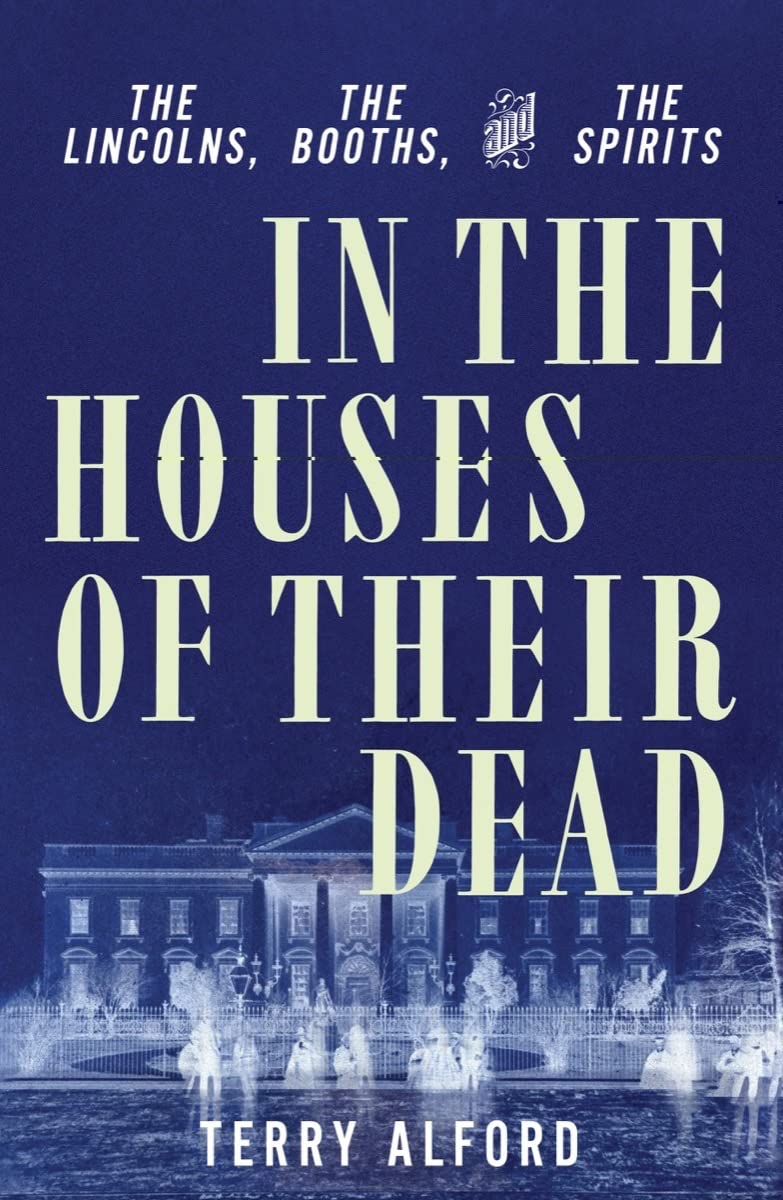Terry Alford’s absorbing book In the Houses of Their Dead describes the engagement with spiritualism of the Lincolns and of the family of John Wilkes Booth, the president’s assassin. Alford, the author of a biography of Booth, shows that both families had histories of belief in omens and superstitions that led to experimentation with spiritualism.
Alford does a fine job of describing the Booths and their circle. The actor Junius Brutus Booth moved in 1821 from England to America, settled in Maryland, and toured widely, establishing himself as the nation’s foremost tragedian. He and his common-law wife, Mary Ann Holmes, had ten children, three of whom—John Wilkes, Edwin, and Junius Jr.—became famous actors as well. At an early age, John Wilkes went to a fortune teller who said he was “born under an unlucky star” and was destined for “trouble in plenty.” She predicted for him “a fast life, short but…grand.” Accepting the latter part of the prophecy, he declared, “The Gypsey said I was to have a grand life. No matter how short then, so let it be grand!”
Alford writes that other members of the Booth family also had momentous experiences with the mystical. In the weeks after the death of Junius Brutus Booth, his wife saw his spirit twice. The family member who was most frequently involved in spiritualism was Edwin Booth. Superstitious by nature, Edwin feared peacock feathers, ivy vines, and broken mirrors. During the Civil War he gained fame as an actor but sank into depression after his young wife Mary died in 1863. He had frequent visions of her lying in a coffin with a white cloth wrapped around her head and under her chin. He found relief by communicating with her and others through mediums. Describing two sittings he had with Margaret Fox, Edwin said, “The raps began very loud the moment she entered.” He developed a special enthusiasm for another celebrated seer, Charles H. Foster. With Foster’s help, Edwin reported, “Mary, my Father and my friend Cary converse with me as truly and distinctly as though they were in the flesh…. All is clear—solid—true.”
Edwin’s confidence in Foster’s powers was shared by Mary Lincoln, who had “multiple sittings” with the famous medium. Alford’s revelation of this and other connections between the Booths and the Lincolns is what distinguishes In the Houses of Their Dead from previous studies of spiritualism in the Lincoln White House.
